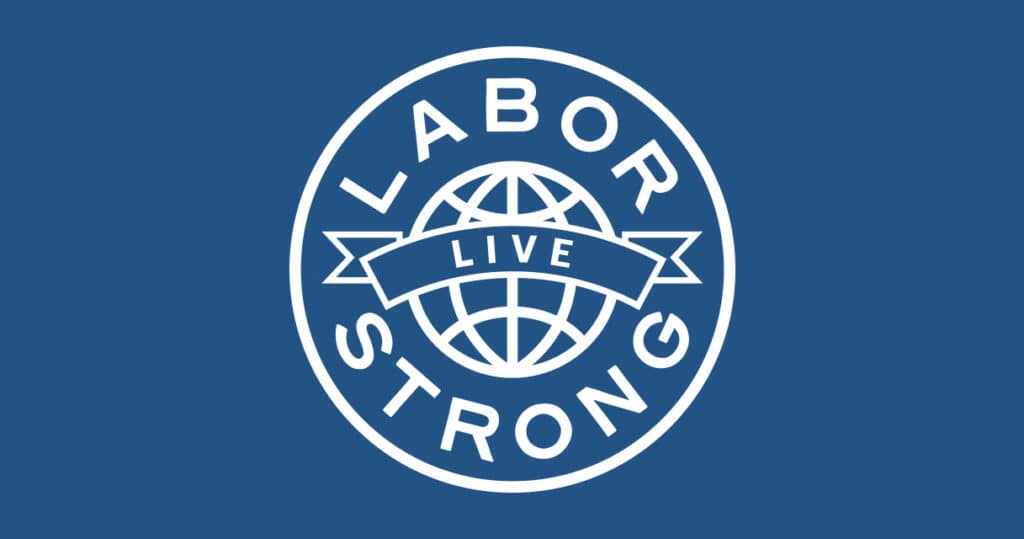Thinking of self-funding your health plan? 5 Factors to consider.

As an employer, you’re tasked with making mission-critical decisions every day. You’re the cornerstone of your organization: setting goals, driving performance, and ensuring your customers are happy.
Making decisions that aren’t necessarily mission critical — like whether you should be self-funding your healthcare plan, for example — can feel exhausting. Decision fatigue is real, and your mental bandwidth for ironing out other details can be depleted.
There is certainly a fair bit of work involved in self-funding your health insurance plan, and navigating the process can be complex. But that doesn’t mean it isn’t the right option for you, especially with expert TPAs to help. In this article, we’ll discuss the benefits of self-funding and how to determine whether it will work for your business.
The benefits of self-funding
Self-funded health plans, also known as self-insured plans, offer several benefits to employers. These plans involve the employer directly funding the healthcare costs for their employees, rather than paying fixed premiums to an insurance company. Key advantages include:
1. Flexibility
Self-funding provides you with the flexibility to design benefits packages that align with employee preferences and offer a range of coverage options. You can tailor benefits to suit your employees’ unique needs, including specific services or coverage options that align with the workforce’s demographics and preferences. This flexibility can enhance employee satisfaction and help attract (and retain) top talent.
2. Transparency
Self-funding provides you with a clearer understanding of your healthcare costs because you’re directly involved in managing and paying claims. Employers can see the actual costs incurred for each claim, including medical services, pharmacy, and administrative fees. This transparency can help you identify cost drivers and negotiate better rates with healthcare providers.
3. Cost efficiency
One of the primary advantages of self-funding is the potential for cost savings. Self-funded employers have more flexibility in designing their healthcare plans, allowing them to customize benefits and control expenses. They can eliminate unnecessary or underutilized coverage elements, reducing overall costs.
Sounds good, but how do I know if it’s right for my business? 5 factors to consider:
Self-funding offers multiple benefits, but some organizations may be better equipped than others to make the switch. Here are five key factors to consider before opting for a self-funded health insurance plan.
-
Company size and stability:
Self-funding is typically more common among larger employers with a stable financial position. Smaller businesses may face higher risks because of limited resources and potential fluctuations in claims costs.
-
Financial capacity:
Self-funding involves taking on the financial risk associated with employee healthcare expenses. Employers need to assess their ability to cover large claims and fluctuations in healthcare costs without jeopardizing the overall financial stability of the business.
-
Employee demographics:
Self-funding works only with a solid understanding of employee population demographics. Employee demographics provide valuable insights into the specific healthcare needs and preferences of your workforce. This information helps you design a health plan that caters to the unique requirements of your employees, ensuring that the benefits offered are relevant and valuable.
-
Claims history:
Analyzing past claims data can provide insights into the potential cost of self-funding. Employers should evaluate the frequency and severity of claims, as well as trends over time, to assess the financial implications.
-
Cost savings potential:
Self-funding offers the opportunity for cost savings through increased flexibility in plan design and reduced premium taxes. Employers should assess whether the potential savings outweigh the financial risks associated with self-funding.
MagnaCare Create® Technology Makes Self-Funding Easy
Getting the right health benefits for your organization shouldn’t be complicated — and it doesn’t have to be. MagnaCare is here to help you administer your custom plans exactly how you want, all while delivering savings and connecting your members to the best local providers.
Using our innovative, award-winning Create® Technology platform, administration of self-funded plans is easy. Employers have access to user-friendly resources that include features like online enrollment, real-time claims tracking, and easy access to plan documents and member information.
With intuitive dashboards, employers have membership, participation, and eligibility information right at their fingertips. Plus, Create® Technology’s data-driven approach allows employers to gain insights into healthcare utilization, identify trends, and make informed decisions to optimize their health plans and control costs.
Ultimately, Create® Technology serves as a comprehensive solution for streamlining healthcare benefits administration and puts users at the center of the experience. While you’re making decisions that move your business forward, MagnaCare removes the burden of making health plan decisions.
Conclusion
If you’re weighing up whether a self-funded plan is right for you, get in touch with us. We’re happy to provide you with more information about how a self-funded health plan can work for your business with the help of an expert TPA.
MagnaCare Blogs

What to Expect from the Minimum Essential Coverage (MEC) Application Process
Finding a healthcare plan for your company isn’t…
Information on Change Healthcare Cybersecurity Incident
As widely reported in the media, Change Healthcare…

